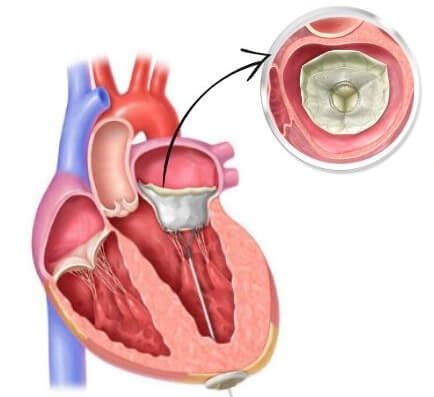Transcatheter Mitral Valve Replacement
Transcatheter Mitral Valve Replacement (TMVr) is a minimally invasive procedure used to treat mitral valve regurgitation, a condition where the mitral valve in the heart doesn't close properly, allowing blood to leak backward into the left atrium. Unlike traditional open-heart surgery, TMVr involves the use of catheter-based techniques to repair the valve without the need for major incisions. This makes it a preferred option for patients who are considered too high-risk for surgical repair due to age, frailty, or other health conditions.
What is Mitral Valve Regurgitation?
The mitral valve controls blood flow from the left atrium to the left ventricle, ensuring that blood moves in one direction during the heart’s pumping cycle. In mitral regurgitation, the valve doesn't close tightly, causing blood to flow backward into the atrium. This can lead to symptoms like shortness of breath, fatigue, and an increased risk of heart failure. Left untreated, severe mitral regurgitation can significantly impact heart function and overall health.

Indications for TMVr
TMVr is recommended for patients with severe mitral regurgitation who are not suitable candidates for open-heart surgery. Key indications include:
The TMVr Procedure: How Does it Work?
The most commonly used TMVr device is the MitraClip, a clip that is delivered to the mitral valve via a catheter inserted through a small incision in the femoral vein (in the groin). The procedure involves the following steps:
Benefits of TMVr
Risks and Challenges
Though TMVr is generally considered safe, it does come with some risks and challenges:
Who is a Candidate for TMVr?
Patients with moderate to severe mitral regurgitation who are at high or prohibitive risk for traditional surgery are ideal candidates for TMVr. The decision to proceed with TMVr is typically made by a multidisciplinary heart team, including cardiologists, cardiothoracic surgeons, and imaging specialists, who assess each patient’s specific anatomy, condition, and overall health status.



